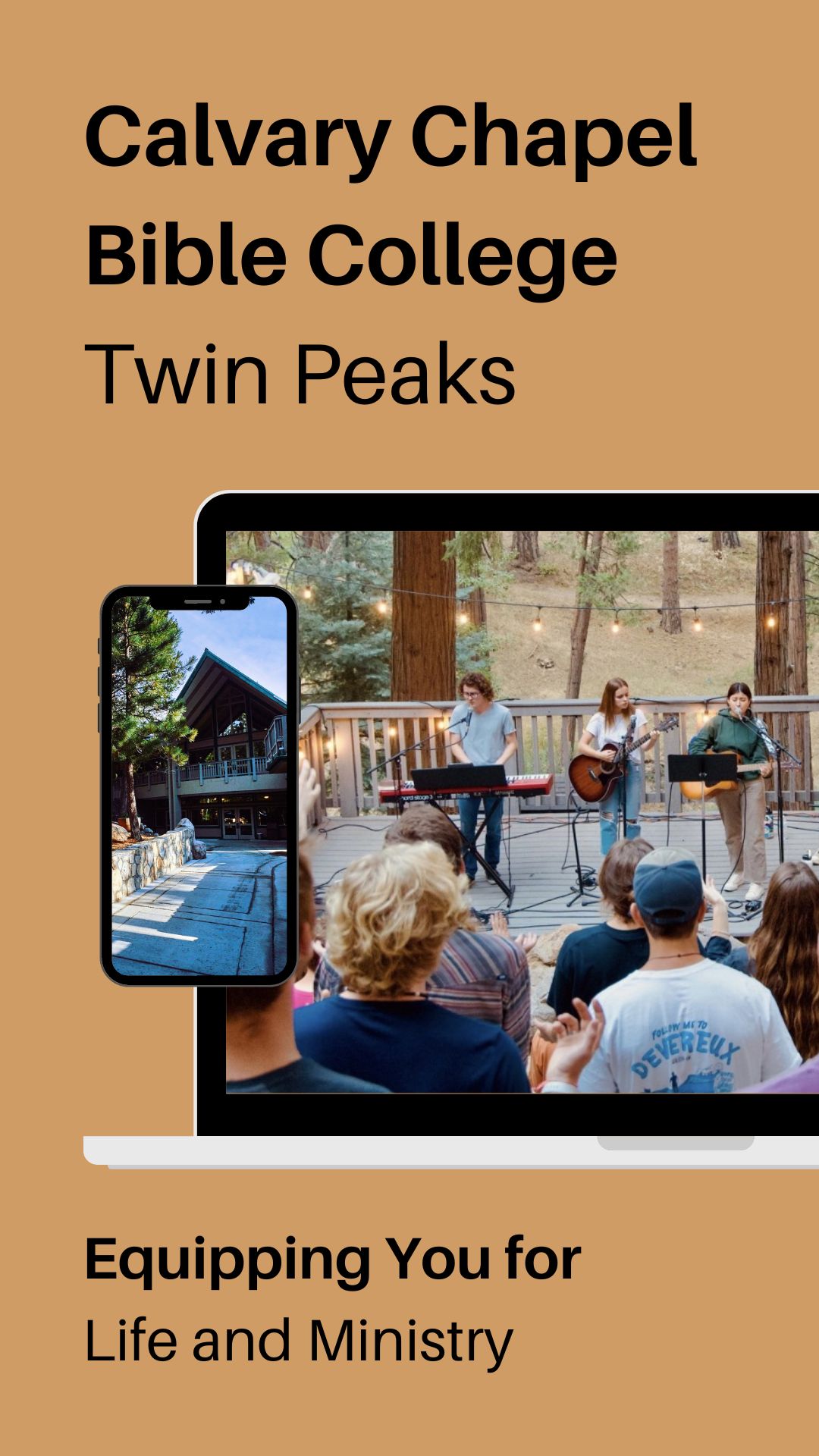
The roles and extent to which women engage in ministry leadership and Bible teaching is a point of long-standing discussion and disagreement among professing followers of Jesus. In response to requests from leaders of churches that are part of Calvary Global Network (CGN), this brief statement is intended to offer some clarity on views and practices that fall within the parameters of CGN’s official theological positions and ministerial philosophy on this subject, and those that do not.
Complementarian Relationships
As a network of churches, CGN is officially Complementarian. Our understanding of the complementarian view of men, women, and their roles in the family and church is articulated in our CGN Theological Affirmations:
“We believe that God created human beings, male and female, in His own image. He created them sinless, equal in value, dignity and worth. According to His purpose and design, God created them to fulfill distinct but complementary roles in the contexts of marriage, family and the local church (Genesis 1:26-28; Ephesians 5:22-6:4; 1 Timothy 3:1-7).”1
“Soft” Or “Hard” Complementarianism?
In current theological discourse, the terms “soft” and “hard” complementarianism are often used. We believe that most soft and hard complementarians would generally affirm the basic definition of complementarianism offered above. The differences between those who would describe themselves as soft or hard complementarians typically come down to our understanding of the ways complementarian theology should or should not be applied.
Unity in Application
In terms of unity, complementarians generally agree that God has called husbands to serve as the sacrificial leaders in their marriages and families, and that the senior office(s) of leadership (often referred to as Elder/Pastor, Senior Pastor, Lead Pastor, Co-pastor, etc.) in the local church is reserved for men. For the purposes of this statement, by “senior offices of leadership” we have in mind the leader or leaders viewed as the official doctrine-setting, governing, overseeing, church-disciplining authority, in the local church context.
Diversity in Application
Outside of agreeing that the office(s) of senior leadership in the local church is reserved for men and that husbands are called to be the sacrificial leaders in their marriages and family, there is great diversity among professing complementarians in how their shared basic theology is to be applied. This is particularly true in considering the ways women may or may not serve in positions of ministry leadership. Many soft complementarians would not install/ordain a woman as a church elder, for instance, but have no problem with women serving as deacons, directing ministry programs, leading worship, teaching Bible and theology to women and children, or teaching Bible and theology to mixed audiences where both adult men and women are present.
Key texts for the soft complementarian perspective are noted in the definition of complementarianism provided above.
With some variation, many hard complementarians may feel uncomfortable with a woman leading in prayer, worship, scripture-reading, or related activities, in a congregational gathering. Of specific importance to many hard complementarians is the issue of teaching the Bible to mixed audiences of male and female adults. Hard complementarians often contend that women should not be permitted to teach the Bible in a setting where adult men are present, because this, in their view, violates precepts and principles of important biblical texts that address God’s design for men and women’s roles.
A key text for the hard complementarian perspective is 1 Timothy 2:11-15:
“Let a woman learn quietly with all submissiveness. I do not permit a woman to teach or to exercise authority over a man; rather, she is to remain quiet. For Adam was formed first, then Eve; and Adam was not deceived, but the woman was deceived and became a transgressor. Yet she will be saved through childbearing—if they continue in faith and love and holiness, with self-control.” (ESV et al)
Egalitarianism
Egalitarianism is the view that God created human beings, male and female in His own image. He created them sinless, equal in value, dignity, and worth. Regarding roles for men and women in the church, Egalitarians contend that gender is an irrelevant point of distinction among prospective leaders, because of the unity of believers in the body of Christ.
A key verse for the Egalitarian perspective is Galatians 3:28:
“There is neither Jew nor Greek, there is neither slave nor free, there is no male and female, for you are all one in Christ Jesus.”
What Perspectives/Positions Do CGN Leaders/Churches Hold?
As a network, CGN is officially NOT Egalitarian.
Leaders and churches that believe in or practice installing/ordaining women in the senior leadership offices of the local church (again, Elder/Senior Pastor, etc.) will not be permitted to formally join CGN. This parameter is not defined in a sectarian or self-righteous spirit. As leaders and fellow-heirs of the grace of Christ, we desire God’s blessing upon, leadership, and fruitful kingdom use of our brothers and sisters who have studied the Bible and come to Egalitarian convictions on subjects related to the roles of men and women in the family and church. However, we do believe the scriptures are in discord with the tenets of Egalitarianism, specifically the notion that gender is an irrelevant distinction when determining who may serve in the senior leadership office(s) of the local church, and that upholding God’s design for men and women is of high theological, missional, familial, and societal importance. For these reasons, though CGN is open to partnering for the gospel in strategic ways with certain individual Christians, leaders, churches, networks, and denominations, who may hold the Egalitarian position, formal inclusion in CGN will be limited to those leaders and churches who ascribe to and model a complementarian perspective.
As a network, CGN consists of BOTH Soft and Hard Complementarian leaders and churches.
The point of theological and practical unity required of CGN leaders and churches regarding the application of complementarianism is that they reserve the office(s) of senior leadership (as defined at the local church level) for biblically qualified male leaders. Outside of that, there is freedom and respect in how leaders and churches will apply the basic theological tenets of complementarianism in the life and leadership structure of the local church, in accordance with whether the local leaders lean toward a hard or soft form of complementarianism. How women are or are not engaged in leading worship, teaching women and children, teaching mixed audiences with both adult men and women present, etc., is left to the discretion of local church leadership. On a network leadership level, CGN will not require or restrict local church leadership from following their biblical and practical convictions in such areas. We expect and celebrate the reality that there is a spectrum within CGN on the application of complementarian theology, that is an outworking of local church leaders praying, studying, and leading well under the guidance of the Holy Spirit together, in their local context.
The Dangerous Duty of Unity
It is important when formulating and expressing one’s convictions and practice on these kinds of issues to maintain Christ-like character and gospel-centered unity. One’s orthodoxy or evangelical pedigree is not determined by their understanding of men and women’s roles in the church. This discussion is a family discussion. Whatever opinion we individually hold on the matter, we must also hold high the Bible’s standard and call to Christian unity in the gospel, and make sure we disagree agreeably, always displaying love in our attitudes and actions. There is a direct correlation between the quality of the unity we embrace and model in the Person and mission of Christ, and our missional and evangelistic effectiveness (John 17:20-21). The Person and work of Christ is to be the primary point of unity in our interpersonal relationships in the local church. (1 Corinthians 1:10; Philippians 4:2). Self-righteous attitudes (James 4:6), and disunity fueled by a disproportionate emphasis on secondary doctrinal matters (1 Timothy 6:4), threaten to unravel our unity in the gospel, into which we have been enfolded through the bloody death of the Son of God on the cross (Ephesians 2:11-18), and the regenerating, unifying agency of the Holy Spirit (1 Corinthians 6:19; Ephesians 4:30-32).
In all of our passion and efforts spent contending for our interpretations and applications of biblical truth on issues such as gender roles in ministry leadership, let us not forget to adhere with equal or greater fervor to the biblical commands to receive, model, and extend Christ-centered love and unity.
“I, therefore, a prisoner for the Lord, urge you to walk in a manner worthy of the calling to which you have been called, with all humility and gentleness, with patience, bearing with one another in love, eager to maintain the unity of the Spirit in the bond of peace. There is one body and one Spirit—just as you were called to the one hope that belongs to your call— one Lord, one faith, one baptism, one God and Father of all, who is over all and through all and in all.” (Ephesians 4:1-5).
Notes:












